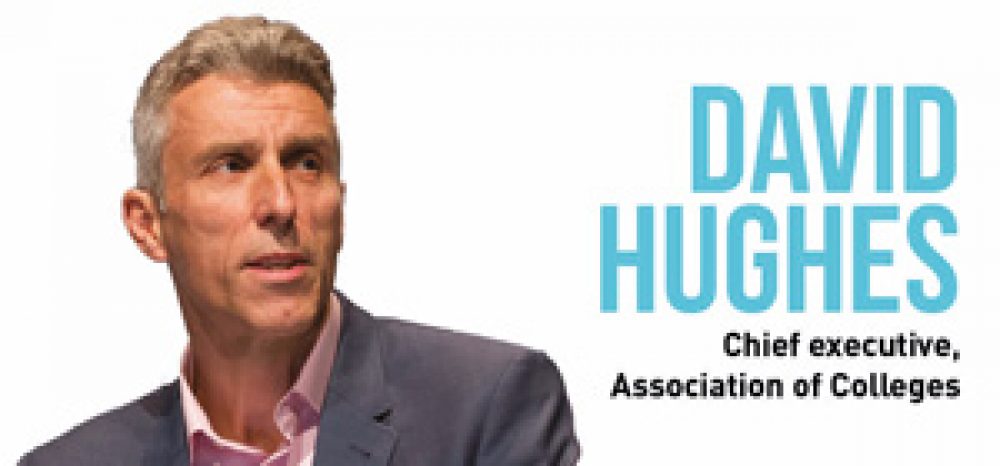The national awards ceremony for Adult Learners’ Week kicks off a week of similar events across the country this week, alongside thousands of opportunities for people to have a go at learning, often for the first time since they left full-time education.
There will be tears and laughter, applause and inspiration at the ceremonies and there will be thousands of people lured and inspired into more learning as a result of the week of events.
We know from our evaluation that people get involved in learning because of the chance to have a go or because they have seen publicity about one of the awards winners and have been inspired. At the same time, though, our annual participation in learning survey sets out how much more we need to do.
Since 1996 we have asked the same questions about participation in learning and can track changes over that period. This year’s figures suggest that fewer people are engaged in learning than two years ago, reflecting the public funding pressures as well as the reductions in employer investment in learning at work.
Participation in learning and the associated benefits are spread very unequally across our society ”
Overall around one in five adults have participated in learning in the last year and around two in five in the last three years.
The headline figures mask the most important issue though. Participation in learning and the associated benefits are spread very unequally across our society.
Whether you cut the numbers by age, socio-economic class, employment status or prior educational attainment you will find some big inequalities. This is why we must retain a strong widening participation agenda in policy, funding and practice to make sure that the inequalities are addressed.
Our Policy Conference this year as part of Adult Learners’ Week is about widening participation; we think it is one of the most important issues we should be discussing and acting on. There has been much progress in the recent past that we do not want to lose and there is so much more to do before we have a true learning society.
Inspiring people through our awards ceremonies and have a go events is not going to be enough; we need learning providers to do the outreach, engagement and delivery which meets the needs and motivations of different groups of people in different settings and we need policy and funding to recognise that reaching out does cost more and needs support.
That is why we are working with The Open University on this issue. They have done more than any other organisation to broaden Higher Education to hundreds of thousands of people who otherwise would not have attended university. The conference will hear from other organisations who are vital in achieving wider participation.
The WEA will be talking about how the opportunities on people’s doorsteps can revitalise communities. We will be hearing from Hammerson’s about the progress made for people learning in the workplace, particularly for those in low-paid jobs and for those that are perceived to be unskilled.
Finally, but perhaps most crucially for the future BT will be giving us a glimpse into what the future possibilities are for technology to open up access to millions of adults – as the internet, for instance, has done.
Adult Learners’ Week has always been about reaching out and engaging, inspiring and motivating; and for people’s careers, for their families, their health and the communities they live in, we need more of that during these tough times.
David Hughes,
Chief Excecutive, NIACE









Your thoughts